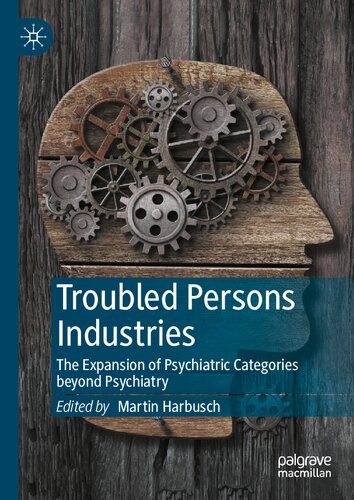

Most ebook files are in PDF format, so you can easily read them using various software such as Foxit Reader or directly on the Google Chrome browser.
Some ebook files are released by publishers in other formats such as .awz, .mobi, .epub, .fb2, etc. You may need to install specific software to read these formats on mobile/PC, such as Calibre.
Please read the tutorial at this link: https://ebookbell.com/faq
We offer FREE conversion to the popular formats you request; however, this may take some time. Therefore, right after payment, please email us, and we will try to provide the service as quickly as possible.
For some exceptional file formats or broken links (if any), please refrain from opening any disputes. Instead, email us first, and we will try to assist within a maximum of 6 hours.
EbookBell Team

0.0
0 reviewsThe reconstruction of psychiatric narratives is currently taking place in multiple contexts, many of which are no longer strictly psychiatric. On the one hand, psychiatric narratives now pervade contemporary public discourses and institutions though advertising, news and internet sites. On the other hand, professionals like social workers, teachers, counsellors, disability advisors, lawyers, nurses and/or health insurance staff dealing with psychiatric narratives are becoming servants of the psychiatric discourse within “troubled person’s industries”. Abstract academic categories get turned into concrete aggrieved victims of these categorisations and academic formulas turned into individual narratives. To receive support it seems, one must be labelled.
The practice-oriented micro-sociological field with which this volume is concerned has only recently begun to integrate itself into public and academic debates regarding medicalisation and the social role of psychiatry. Discussions on the evolution and expansion of official diagnoses within academia, and society in general, frequently overlook the individualised roles of psychiatric diagnoses and the experiences of those involved and affected by these processes, an oversight which this volume seeks to both highlight and address.